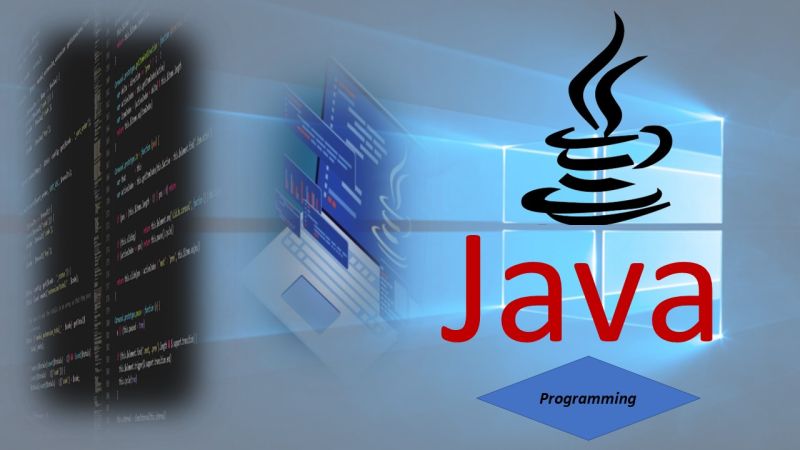
CERTIFICATE IN JAVA LANGUAGE
DURATION: 3 Months
Course Overview:-
Java is a popular programming language used for backend web development, desktop applications, mobile applications, etc. Java is an emerging course offered by top institutes and universities. Java can be studied as a specialization online or can be studied under a web development course. A web development course would also include related programming languages like HTML, CSS, and react. Java is a popular, versatile, and platform-independent programming language widely used for building various applications, from web to mobile apps.The future scope is always very good once you complete learning the fundamental knowledge and skills of the JAVA language.
Eligibility Criteria:-
· You must have completed secondary education, i.e. 10+2 or equivalent (preferably in the any stream) from any recognized board.
Benefits: -
· After learning JAVA language you will be capable of thinking like a programmer.JAVA is a solid core language and it will help you to become a programmer.
· This course is very beneficial as a JAVA developer is always in high demand. You will get benefits over other colleagues of the same department for this added knowledge of your JAVA language.
· The payment of an employee who knows the JAVA language is higher in IT companies. With the certificate course in JAVA, your confidence level will always be on top.
· The skills that you will inculcate while pursuing this course include learning the basic language like methods, variables, exceptions, data types, loops, arrays, etc. Including this, you will also be able to inculcate some not-so-basic topics like inheritance, polymorphism, implicit narrowing, autoboxing, explicit casting, nested classes, abstract classes, and interfaces and some of the specific APIs to deal with.
· In the future, after completing this course, the JAVA certificate gives more value to your working skills. You can comfortably do the switching Jobs and you can work as a freelancer and become a JAVA programmer.
Jobs Profile:-
Java Developers can work in software development companies, web development agencies, financial institutions, government organizations, and startups. They can also pursue freelance opportunities.
|
SUBJECT TITLE |
SUBJECT DETAILS |
|
Concepts of Object-Oriented
Programming (OOPS)
|
|
|
Core Java Programming Introduction of Java
|
|
|
Variables and Data Types
|
|
|
JDBC
|
|
|
Swing and applet
|
13. Life Cycle of an Applet 14. Applet Lifecycle Methods 15. Applet Layout Manager 16. Bounding Box Concept 17. Relative Coordinate System 18. A "Hello World" Applet |
|
Threads |
|